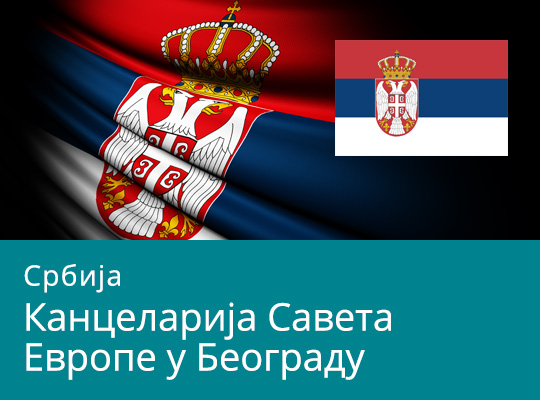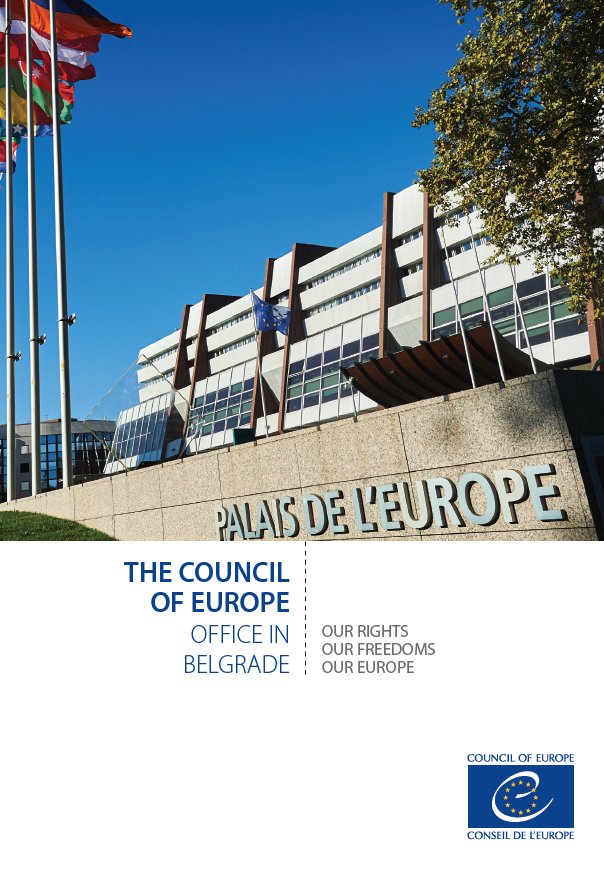Finland took over the Presidency of the Committee of Ministers of the Council of Europe on 22 November 2018, at a meeting in the Palais de l’Europe in Strasbourg, attended by representatives of its 47 member States.
On this occasion, Ambassador of Finland, H.E. Mr Pertti Ikonen, visited the Council of Europe Office in Belgrade in order to get acquainted with the work of the Organisation in Serbia. Ambassador Ikonen presented the priorities of the Finnish Presidency which will run for six months. The first and crosscutting priority of the Finnish Presidency is to support and strengthen Europe’s system of human rights and the rule of law. The two other key priorities are equality and women’s rights; and openness and inclusion as well as a focus on young people and the prevention of radicalisation. Finland has actively and consistently emphasised these topics in all its work within the Council of Europe. Finland’s Presidency programme is human rights-based, with equality and women’s rights mainstreamed.
Mr Tobias Flessenkemper, Head of the Council of Europe Office in Belgrade, recalled that the Council of Europe will celebrate 70 years in 2019. Finland joined the Council of Europe on 5 May 1989, this means 30 years ago. “With Serbia celebrating its 15 years of membership this year, 2019 will allow us to jointly reflect on and mark the achievements of European cooperation”, said Flessenkemper. The Deputy Head of Office, Ms Irina Sahaykan-Vetter and the office staff presented how the Council of Europe works in Serbia through the technical co-operation programmes in the areas of human rights protection, anti-discrimination, judiciary, anti-corruption, local self-government, and media, to name the few.
In a discussion with the experts of the office in Belgrade, Ambassador Ikonen thanked for the opportunity to familiarise himself with the operations of the Council of Europe in Serbia and to share an analysis of the situation in areas of his concern, focusing mostly on media, local self-government, gender equality and Roma issues.
The Chair of the Council of Europe Committee of Ministers is held for a six-month term in turn by the representatives of the members in English alphabetical order. The Chair passes to a new Chair mid-May and mid-November, at a date fixed by the Committee based on a joint proposal by the incoming and outgoing Chairs.





